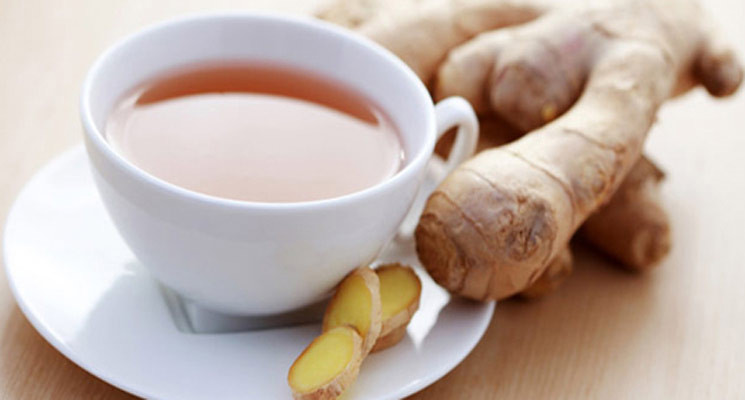
There are lots of natural treatments that can help to relieve the symptoms of an asthma attack. Good remedies are not hard to find, easy to put together and can fill in an important role if an attack occurs but inhalers or prescription medications are not available. Here are a few remedies that have some basis in reality, but keep in mind that everyone will respond differently, so it’s good to have more than one on hand.
Ginger
Ginger is an amazing root that provides numerous medicinal benefits, particularly as an anti-inflammatory agent and muscle relaxant. An asthma attack involves both inflammation and the constriction of the muscles around the bronchial tubes. Consuming ginger can help to reduce the severity of an asthma attack by helping the muscles and tissues to relax. It can also be used as a preventive remedy which can help to offset an attack from occurring.
There are a number of ways to consume ginger, from raw consumption to letting it steep in tea. Both of these examples have been shown to alleviate symptoms in some asthma suffers. Keep in mind that the concentration of the ginger in teas or the amount that is ingested raw can have a relationship with its effectiveness.
Licorice Root
Licorice root not only has anti-inflammatory properties, but it also helps to soothe and coat irritated airways. There are also suggestions that licorice root can block certain histamines that can lead to some allergic reactions. This may be a particularly useful remedy for someone who suffers from asthma as the result of allergies.
Mustard or Eucalyptus Oil
Take some mustard oil and mix with a little bit of camphor. Warm it in the microwave for a few seconds, stir and then rub on the chest. This combination can help to alleviate not only asthma but other respiratory ailments as well.
Eucalyptus oil is also known as a great, natural expectorant that also soothes airways. Take a few drops, place onto a cloth and sleep with it on the chest or forehead. Inhaling the vapors for a period of time or overnight can also help to relieve the intensity of symptoms.
Garlic and peppers have also been touted as good remedies as they help to open airways and expel mucous. Honey, figs, lemons, turmeric and onions have also been used over the years to help reduce the presence of mucous and make breathing a little bit easier.
Remember that it’s equally important to identify and avoid triggers that cause an asthma attack as it is to find appropriate treatment. For some, allergies are responsible whereas others suffer attacks after physical exertion or during periods of stress and anxiety. This may involve making sure that rooms are not dusty or that someone who is sensitive to stressful situations can avail themselves of ways to control breathing and relax.
These remedies are also not intended to replace real asthma medicine, rather provide an alternative when a situation warrants immediate intervention. Keep in mind that many of these remedies can also help with other breathing problems as well. Experiment with different variations of these remedies as well as dosage and frequency and see if they help, and always keep looking for new sources of relief in order to minimize the impact of an asthma attack during a crisis.

















